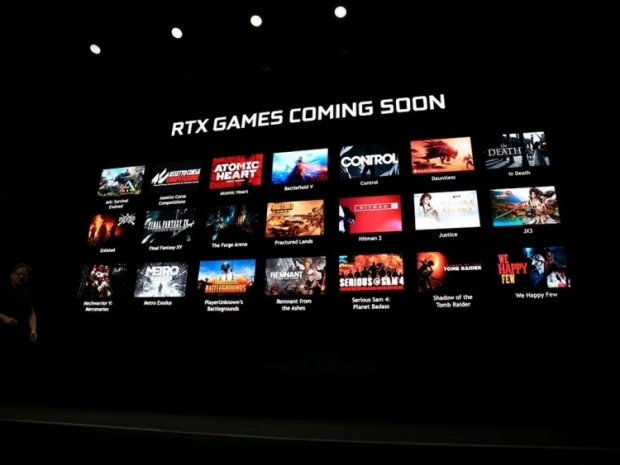Deep Learning Super Sampling (DLSS) made a big promise on delivering image quality similar to Temporal Anti-Aliasing but without a performance impact, at least on the RTX series graphics cards.
According to Q&A with Nvidia's Andrew Edelsten, Technical Director of Deep Learning, DLSS highly depends on the actual game engine, the complexity of content, as well as the time spent on training the game.
Answering a question about blurry frames that have been reported in some games, Andrew states that DLSS is a new technology and the company is still working to perfect it and that DLSS is mostly focused on high resolutions, with 4K/UHD being the most common training target so lower resolutions could have fewer source data. He also added that the company is focusing on those reports and adding more training data and some "new techniques to improve quality".
DLSS has still to be widely implemented and while some games, like Battlefield V, certainly get a performance uplift with DLSS, of up to 40 percent on 1440p and 2160p resolutions, the company is promising more improvements in both DLSS sharpness, overall image quality, and performance improvements, with such update coming to Metro Exodus soon.
Andrew also added that TAA is still here to stay and depending on the resolution, quality settings, and game implementation, TAA could be a better choice despite the fact it suffers from ghosting and flickering.
Nvidia is certainly pushing hard to implement DLSS in as many games as possible but so far we have only seen it in 3DMark Port Royal, Final Fantasy XV: Windows Edition, Battlefield V, and Metro Exodus, but surely more will come eventually and it will only get better, at least according to Nvidia.




